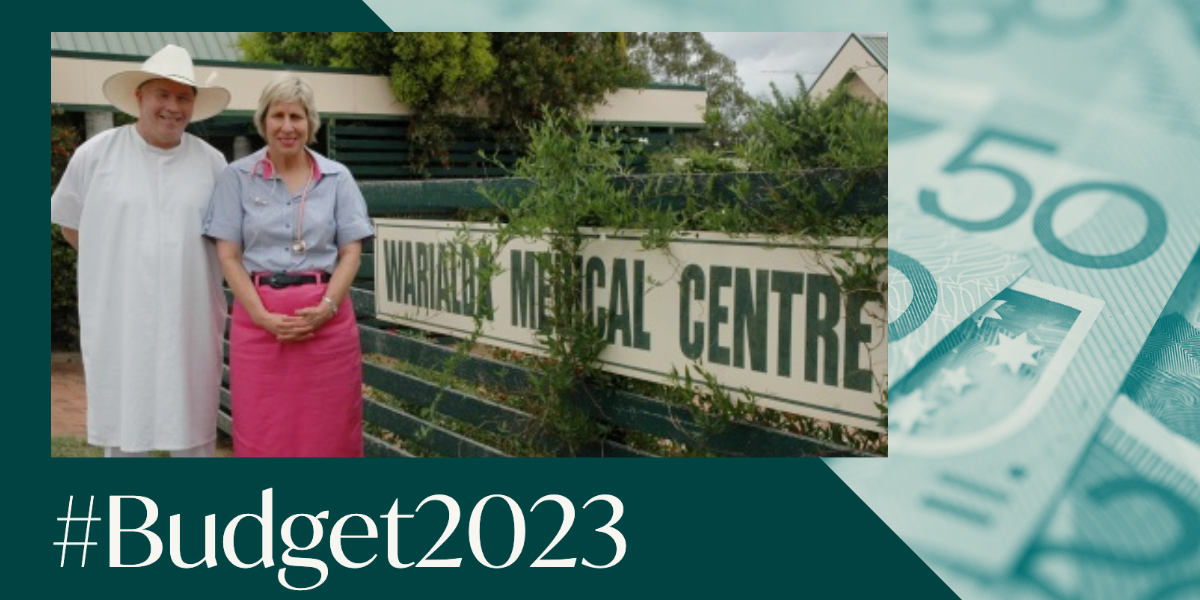Warialda Medical Centre has dumped its plans to start charging all patients at its practice, under the federal government’s move to boost the incentive paid to doctors for bulk billing.
Owners, Doctor Diana Coote and her husband and business partner Doctor Clement Gordon had made the difficult decision to start charging all patients from July 1, after taking a five per cent pay decrease to the keep their practice viable.
But the doctors have backflipped on the decision after the Labour Government announced a $3.5 billion budget measure that will nearly triple the financial reward for regional and rural doctors who don’t charge their most vulnerable patients.
“It will help financially, it will help with bulk billing.”
“It should have been done years ago,” Dr Coote says.
Under the plan, children under the age of 16, pensioners or concession card holders will be bulk-billed for appointments under 20 minutes long. GPs who bulk-bill eligible patients in very remote areas will receive an increased additional incentive of $39.65 instead of $13.15.
President of the Rural Doctors Association of Australia Megan Talbot says incentive has been tailored to provide greater benefit to rural and remote patients.
“The bulk-billing incentive is actually tiered for rurality, the further remote you go the more bulk-billing incentive they are entitled too,” Dr Talbot says.
The changes also include an increase to the Workforce Incentive Payment which provides money directly to practices to boost and retain staff.
Member for Northern Tablelands Adam Marshall believes the changes could improve the incentive programs to recruit more doctors to the regions.
“Bulk-billing not being viable was also hitting rural and regional general practice harder than in the city as it made recruitment of new doctors into the regions even more difficult – if not at times almost impossible, without additional incentive programs kicked in by the State Governments,” Marshall says.
But doctors who have been struggling to keep practices open, strongly disagree.
“No, it won’t impact the regional doctor shortage,” Dr Coote says.
Like what you’re reading? Support New England Times by making a small contribution today and help us keep delivering local news paywall-free. Support now


